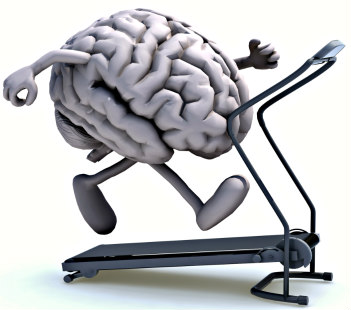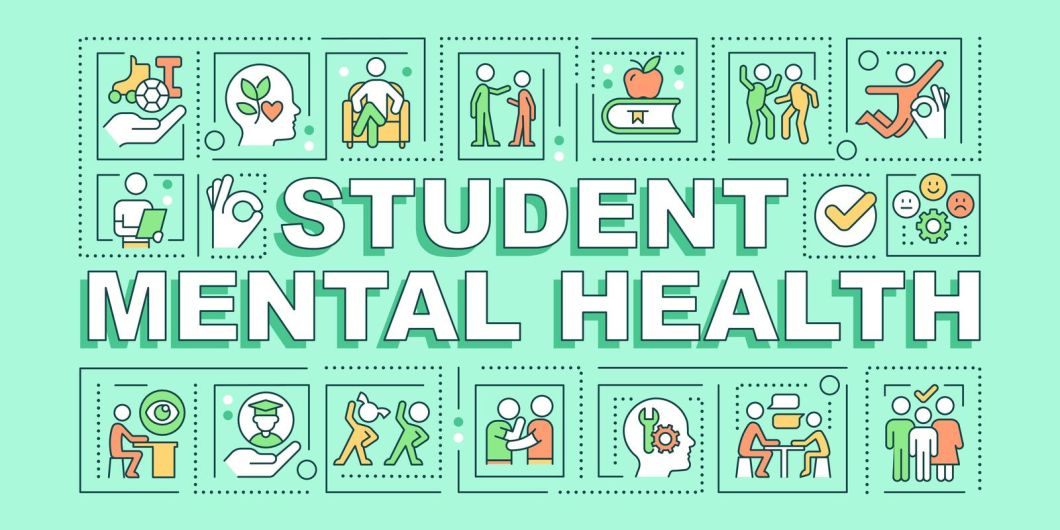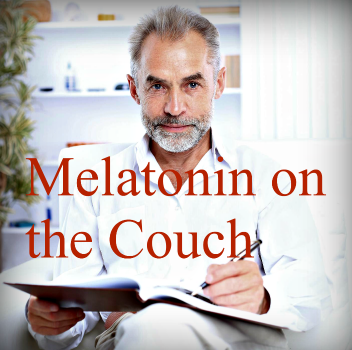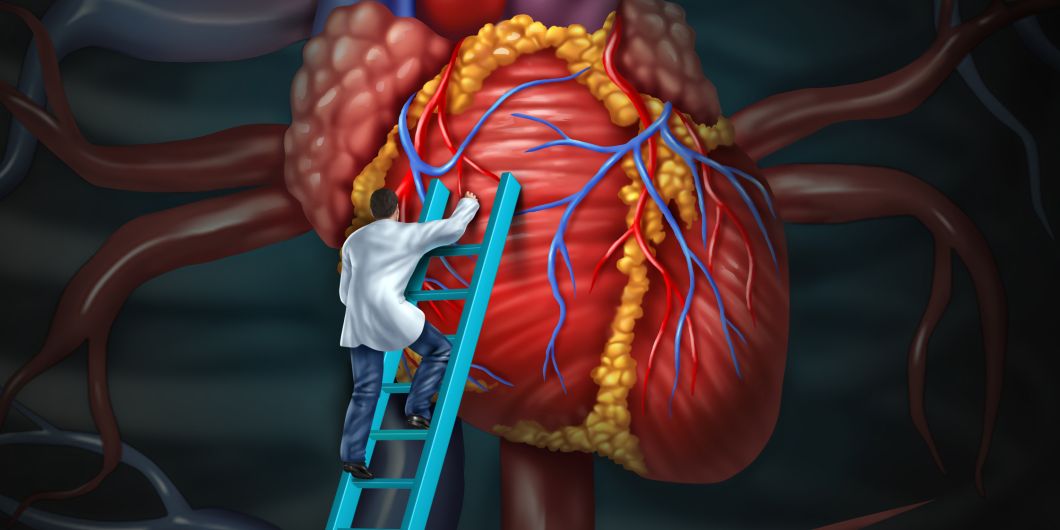- in Mental Health by Tony
Understanding Agnosia: Exploring the Complexities of Perception Impairment.

In the world of neuroscience and psychology, there are intriguing conditions that challenge our fundamental understanding of perception.
One such condition is agnosia, which disrupts somebody’s ability to recognise or interpret sensory information. Agnosia usually affects only a single information pathway in the brain. If you have this condition, you can still think, speak, and interact with the world.
While it may sound like a relatively simple concept, delving into the complexities of agnosia reveals a rich tapestry of mental processes and brain functions at work. In this article, we explore agnosia, unravelling its various forms and shedding light on what it truly means to grapple with this mysterious disorder.
Join us as we dig deeper into understanding how perception impairment can manifest in fascinating and perplexing ways.
















